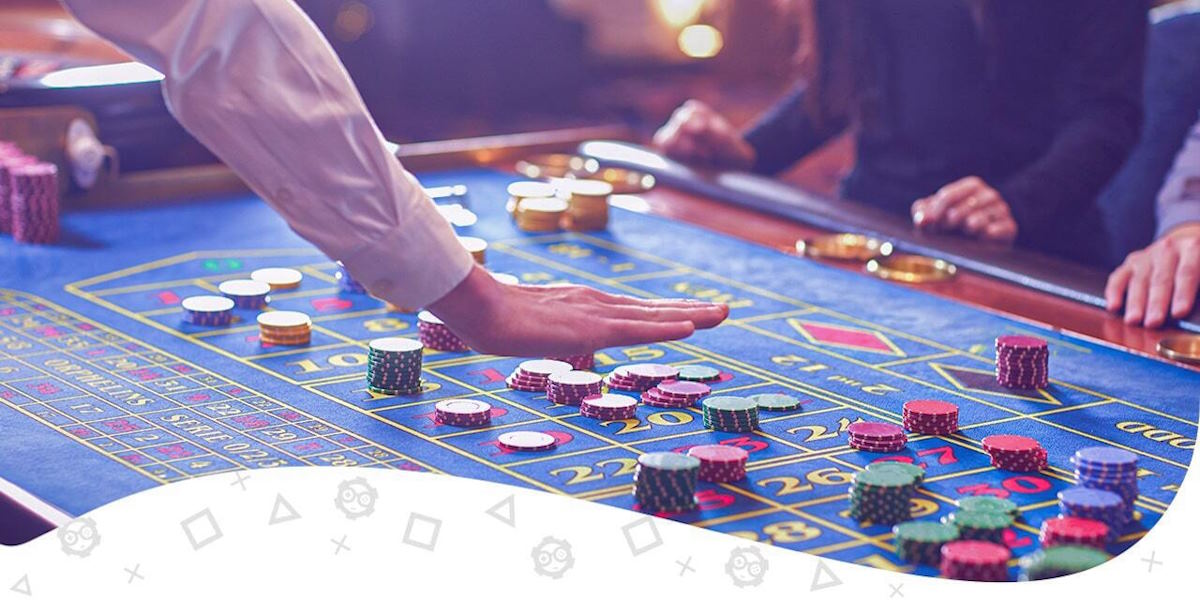Casinos are designed to be alluring and engaging environments that encourage patrons to gamble. A deep understanding of psychology drives many of the strategies employed in these establishments. By leveraging behavioral triggers, reinforcement schedules, and emotional manipulation tactics, casinos create an atmosphere that keeps players coming back for more.
The Role of Reinforcement Schedules in Gambling
One of the key psychological concepts utilized in casinos is reinforcement schedules. These are strategies that dictate how rewards are delivered to players. Important points include:
- Variable Ratio Reinforcement: This schedule provides rewards after an unpredictable number of attempts, which creates a powerful motivation to keep playing. Slot machines, for example, often payout based on this principle, leading players to chase the elusive big win.
- Near Misses: Casinos design games to create near misses, where players come close to winning but do not succeed. This can encourage continued play as players believe they are “just one step away” from winning.
- Frequent Small Wins: By providing smaller, more frequent wins, casinos keep players engaged and motivated, even when the overall odds are against them.
Behavioral Triggers in Casino Design
The physical layout and design of casinos are carefully planned to evoke specific behaviors in gamblers. Key triggers include:
- Open Layouts: Casinos often feature open spaces that encourage exploration, making it easy for players to move from one game to another without feeling confined.
- Lighting and Sound: Bright lights, vibrant colors, and upbeat music create an exciting atmosphere that heightens emotional arousal and encourages gambling behavior.
- Lack of Clocks and Windows: By removing these time indicators, casinos create an environment where players lose track of time, leading to longer play sessions.
Emotional Manipulation Strategies in Casinos
Emotional manipulation is another powerful tool used by casinos to encourage gambling. Important strategies include:
- Creating a Sense of Community: Casinos often promote social interaction through games like poker or group events, fostering a sense of belonging that can enhance the desire to participate.
- Utilizing Loyalty Programs: By rewarding frequent players with perks, casinos tap into the psychology of reciprocity, making players feel obligated to return and play more.
- Framing Losses: Casinos may frame losses as opportunities for future wins, encouraging players to continue betting in the hope of recovering their losses.
Casinos expertly use psychological principles to create environments that encourage gambling behavior. Through reinforcement schedules, strategic design, and emotional manipulation, they foster a culture of play that can be difficult for patrons to resist. Understanding these tactics is essential for players who wish to navigate the world of gambling with greater awareness and control over their choices. As casinos continue to evolve, so too will their psychological strategies, making it crucial for players to remain informed.


